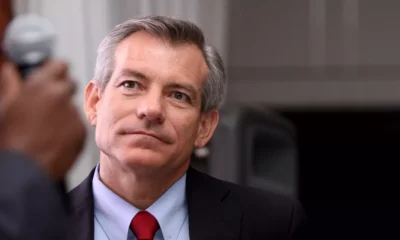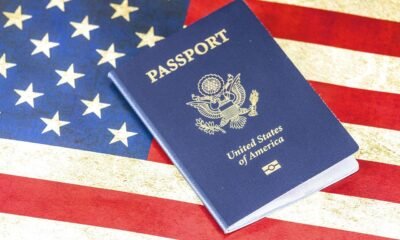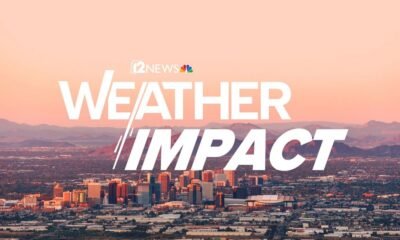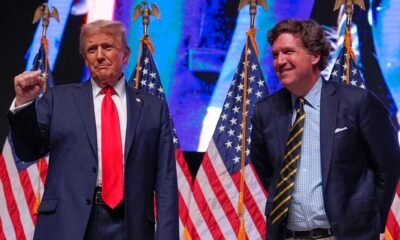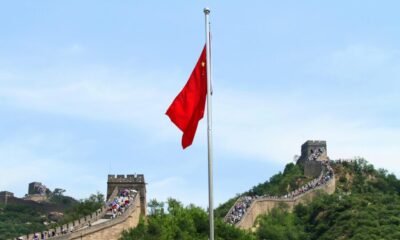Business
Trump’s Company Breaks Away from First-Term Policy, Embraces Private Foreign Deals
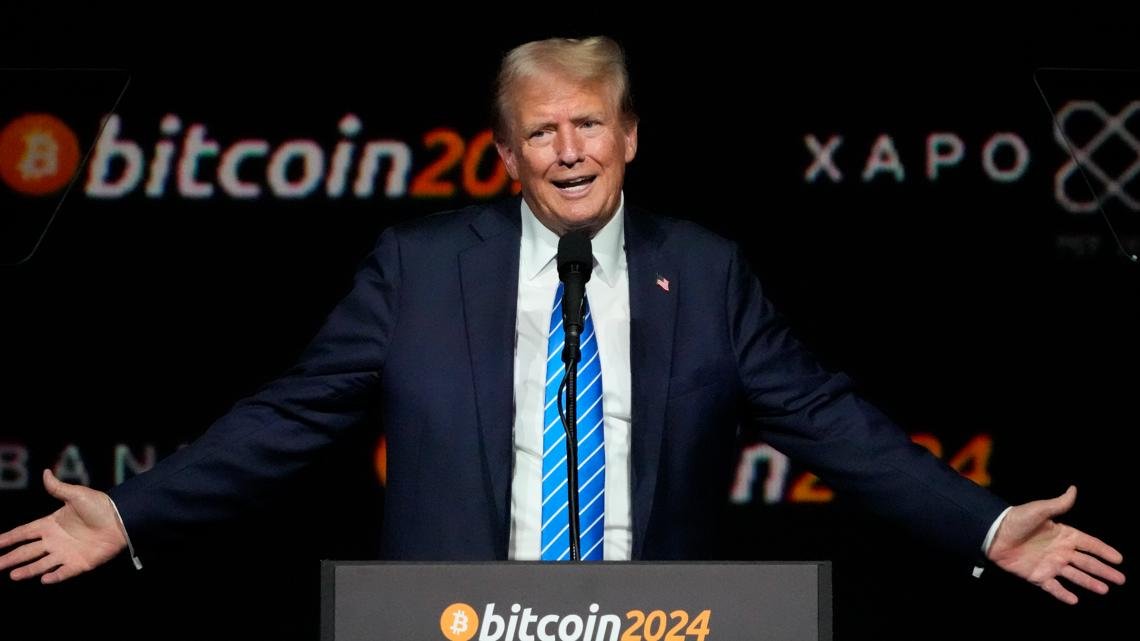
NEW YORK — The Trump Organization announced a new voluntary ethics agreement allowing it to engage with private foreign companies, a notable shift from its previous position. This development raises concerns about the potential influence of foreign investments on U.S. policy in the upcoming administration.
Under the revised guidelines, the Trump Organization is prohibited from entering agreements with foreign governments. However, it can now pursue deals with private entities abroad, a departure from agreements established during Trump’s initial term, which also restricted dealings with private foreign companies.
In announcing these changes, the organization expressed intentions to maintain ethical standards. They plan to hire an external ethics adviser to evaluate potential conflicts of interest arising from new business ventures.
“The Trump Organization is dedicated to not just meeting but vastly exceeding its legal and ethical obligations during my father’s Presidency,” stated Eric Trump, executive vice president. Recent dealings involving Trump-branded hotels and golf resorts in countries like Vietnam and Saudi Arabia have sparked concern among ethics experts regarding possible conflicts between the president-elect’s finances and foreign policy.
Trump’s family business has also shown interest in exploring opportunities in Israel and is tied to two publicly traded entities. These include Trump Media & Technology Group, which owns Truth Social, and a new cryptocurrency initiative, World Liberty Financial.
Critics, including government ethics lawyer Kathleen Clark, warn that the scale of potential corruption could exceed that seen during Trump’s first term, suggesting that foreign entities may attempt to gain favor through investments in Trump’s ventures.
In terms of oversight, the new agreement reiterates that Trump will refrain from daily operational decisions within the Trump Organization. Additionally, it limits financial information accessible to him and mandates that profits from foreign government expenditures at Trump properties will be donated to the U.S. Treasury.
Federal law restricts government officials from holding financial interests in organizations that may affect public policy. While U.S. presidents are not bound by these rules, they have typically adhered to similar ethical frameworks.
In his first term, Trump faced scrutiny for promoting his business interests. Notably, he considered hosting a G-7 summit at his Doral golf resort but reversed the decision amid public backlash. The Trump International Hotel in Washington, D.C., also attracted criticism for its potential to serve as a hub for lobbyists and foreign diplomats, leading to allegations of violating constitutional norms regarding emoluments.
The implications of these developments could reignite legal challenges related to the emoluments clause, particularly concerning Trump’s financial interests in his new ventures.
Trump’s stance on cryptocurrencies has shifted significantly over time. Previously skeptical, he now aims to position the U.S. as the “crypto capital of the planet” and has appointed several pro-cryptocurrency advocates within his administration.
The Securities and Exchange Commission has indicated that cryptocurrencies pose risks to investors due to their volatile nature and susceptibility to fraud. The future regulatory landscape concerning these assets under the upcoming administration remains uncertain.
As the Trump Organization explores global expansion, including deals in Vietnam, it faces scrutiny about how such ventures may influence U.S. foreign policy. Vietnam’s existing trade surplus with the U.S. further complicates this landscape, especially as Trump has recently threatened to impose tariffs on nations with perceived unfair trading practices.
The organization’s international presence extends to properties in India, Turkey, and numerous other countries, in addition to golf courses in Scotland and Ireland, with plans for further developments in Oman and Indonesia.
